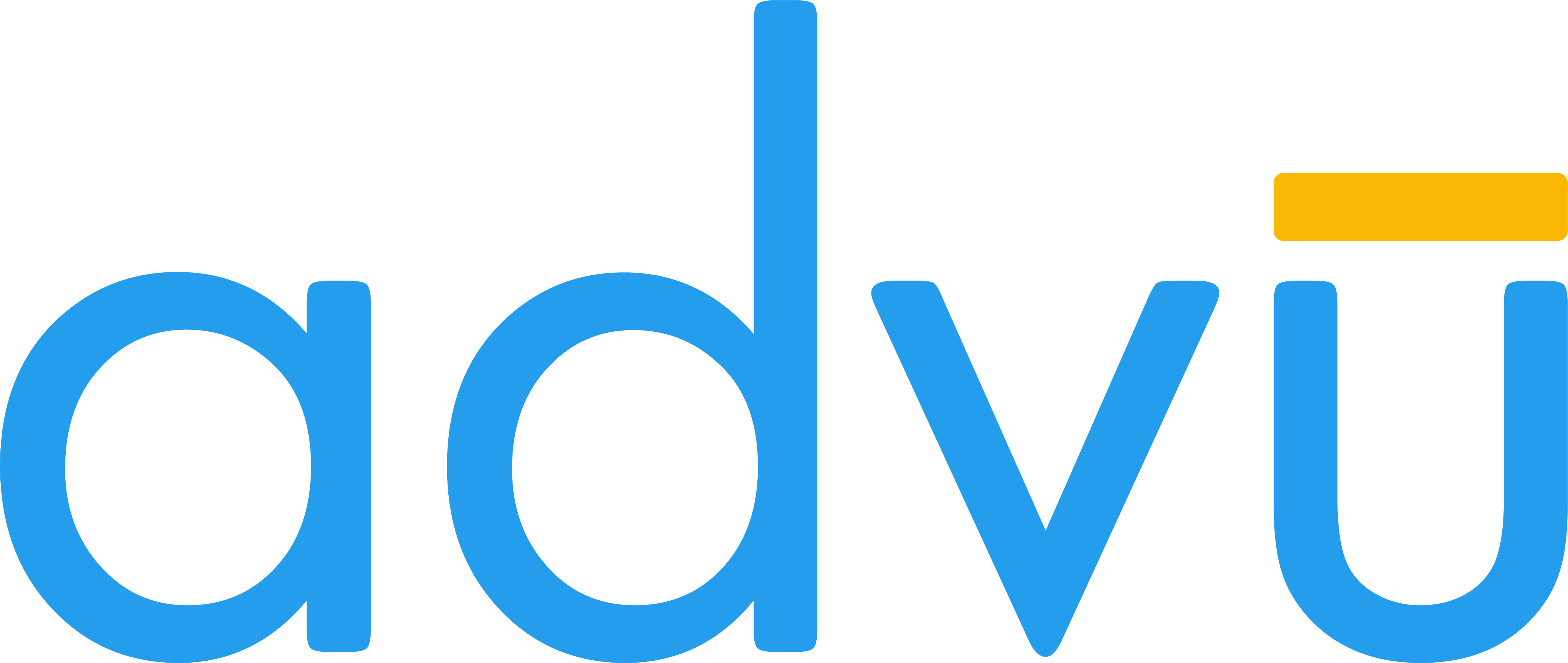AI in Digital Advertising: A Data-Driven Revolution
- Colin Williams
- Mar 17, 2025
- 4 min read

Artificial intelligence (AI) is transforming the digital advertising landscape, enabling more efficient media buying, audience segmentation, and ad personalization. The global AI-powered advertising market is expected to reach USD 1.30 trillion in the next decade [1]. As AI capabilities continue to evolve, advertisers must adapt to this revolution to remain competitive.
Current State of AI in Digital Advertising
AI-driven advertising has grown exponentially, with major players investing heavily in machine learning and automation to optimize ad placements and targeting.
Let's be real; AI in advertising is like that overachieving intern who never takes a coffee break. It crunches numbers, predicts trends, and even writes some of your ad copy while you’re still trying to figure out your morning email. The industry is changing fast, and AI is at the wheel.
Market Size and Growth
AI in advertising contributed $35 billion to the global ad market in 2023, a 48% year-over-year growth [2].
72% of marketing leaders reported AI as a key driver of revenue growth in digital advertising [3].
By 2027, 80% of all digital ads will be served using AI-driven automation [4].
That’s right, in just a few years, AI will be handling the vast majority of digital ads. If this were a reality show, AI would be winning all the immunity challenges while traditional ad strategies get voted off the island.
Leading AI Innovations in Advertising
Predictive Analytics: AI processes vast datasets to anticipate user behavior and intent, leading to 35% higher conversion rates [5].
Dynamic Creative Optimization (DCO): AI personalizes ad creatives in real-time, resulting in a 22% increase in ad engagement [6].
Real-Time Bidding (RTB): AI enhances RTB efficiency, reducing ad waste by 25% and increasing ROI [7].

AI-Powered Programmatic Advertising
Programmatic advertising now dominates digital ad spend, with 89% of all digital ads transacted programmatically [8]. AI-driven automation in programmatic buying provides advertisers with precise targeting and optimized ad delivery.
Think of AI as the matchmaker of the ad world. It finds the perfect audience, delivers the right ad at the right time, and ensures your budget isn’t wasted on people who have zero interest in what you’re selling. Sorry, but your “spray and pray” ad-buying tactics just won’t cut it anymore.
How Does AI Enhance Programmatic Advertising?
Automated Bidding Strategies: AI adjusts bidding in real-time based on performance signals, increasing efficiency by 40% [9].
Fraud Detection & Prevention: AI helps detect invalid traffic and fraudulent impressions, reducing ad fraud by 38% [10].
AI-Based Audience Segmentation: Machine learning enables hyper-targeted advertising, improving campaign efficiency by 30% [11].

The Role of AI in Ad Creative and Content Optimization
AI is not just improving ad placement but also revolutionizing creative development. Marketers are leveraging AI-generated content, automated video editing, and AI-assisted ad copywriting to enhance performance.
Let’s be honest—AI is the ultimate creative assistant that never takes a sick day. It can whip up ad variations, test them, and refine them based on real-time performance. Meanwhile, human marketers still spend half the day debating whether to use “Buy Now” or “Shop Now” in a CTA.
AI in Creative Development
Generative AI can create compelling ad visuals and copy, reducing content production time by 50% [12].
AI-powered A/B testing allows real-time adjustments to creatives, leading to a 20% uplift in engagement rates [13].
Natural Language Processing (NLP) enables AI to analyze consumer sentiment and adjust messaging for higher resonance, improving brand perception by 18% [14].

Privacy, Compliance, and Ethical Considerations
As AI advances in advertising, concerns around data privacy and ethics remain crucial. Regulations such as GDPR and CCPA require AI-driven advertising to balance personalization with user consent.
Admit it. Nobody likes the feeling of being stalked by ads, even if they secretly love the personalized recommendations. AI is stepping up to make advertising less creepy and more privacy-friendly, because let’s be real, nothing says “I know too much” like an ad for something you whispered about in passing.
Key Privacy Challenges
Third-Party Cookie Deprecation: AI-driven contextual targeting is emerging as a replacement, maintaining 85% of targeting efficiency without cookies [15].
Bias in AI Algorithms: Ensuring unbiased ad delivery remains a priority, with brands investing in AI ethics frameworks to reduce algorithmic bias by 30% [16].
AI-Based Consent Management: AI-powered solutions help automate compliance with evolving data privacy laws, reducing regulatory risks by 45% [17].
Actionable Takeaways for Advertisers
To leverage AI in digital advertising effectively, brands must integrate AI-driven tools strategically. Here are key steps to future-proof AI advertising strategies:
Invest in AI-Powered Analytics: Utilize machine learning for better audience insights and predictive modeling.
Adopt AI-Based Creative Optimization: Implement DCO and generative AI for dynamic, high-performance ad creatives.
Enhance Programmatic Efficiency: Deploy AI-enhanced programmatic platforms to automate media buying and real-time bidding.
Prioritize Privacy and Compliance: Stay ahead of regulatory changes by implementing AI-powered privacy solutions.
Monitor AI Ethics & Bias: Regularly audit AI algorithms to ensure fair and unbiased ad delivery.
Conclusion
AI is not just a tool but a paradigm shift in digital advertising. As AI capabilities continue to evolve, brands that integrate AI-driven automation, analytics, and creative optimization will gain a significant competitive advantage. While privacy concerns and ethical considerations remain, AI's role in advertising will only grow, shaping the future of the industry.
Whether you embrace AI or resist it, one thing is certain: the advertising world is changing, and the robots are here to stay. They may not take over your job entirely (yet), but they’ll definitely make your campaigns smarter, faster, and more effective. Get on board, or get left behind.
References
[12] - https://nowspeed.com/blog/striking-the-balance-the-importance-of-privacy-in-digital-advertising-2/
[15] - Mozilla Foundation, 2024.
[16] - RTB House, 2024. https://www.rtbhouse.com/blog/your-ultimate-guide-to-brand-safety/
[17] - ArXiv, 2024. https://arxiv.org/abs/2205.00911




Comments